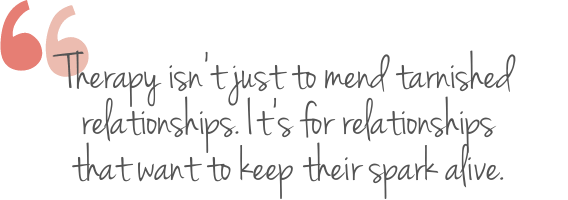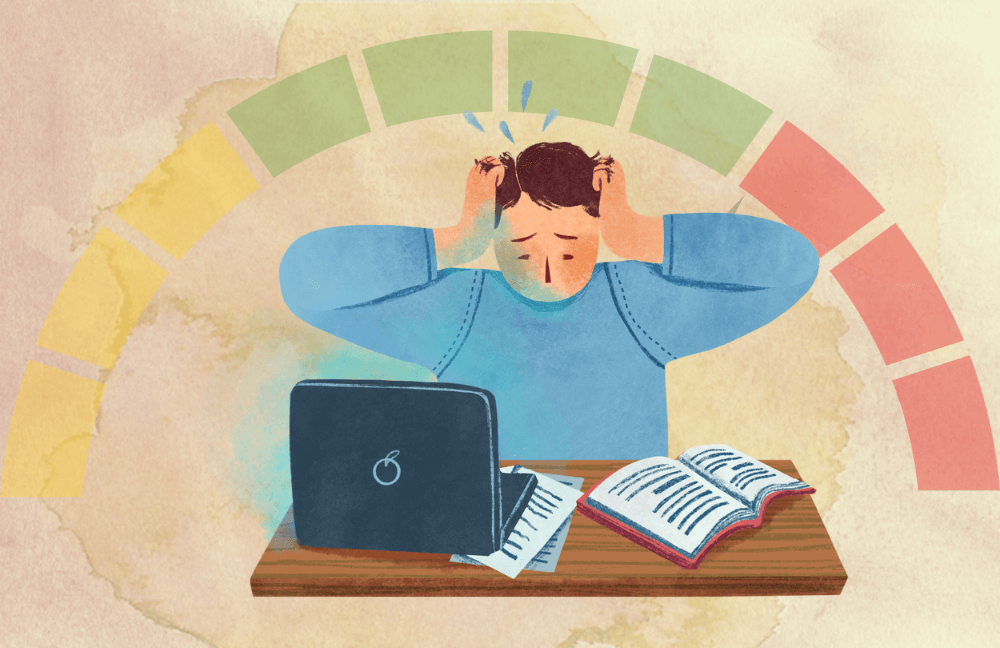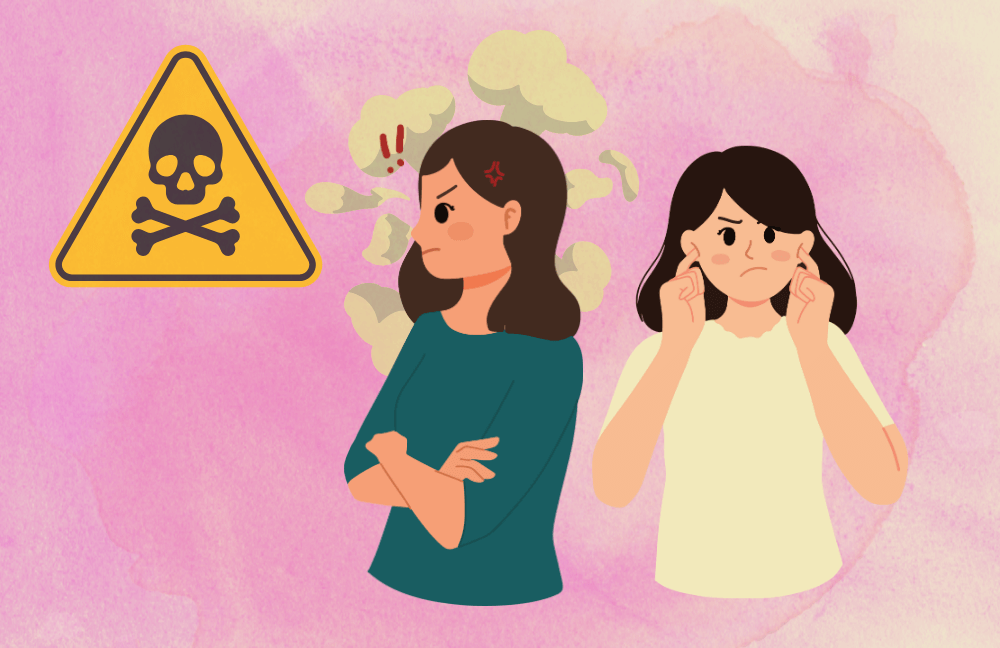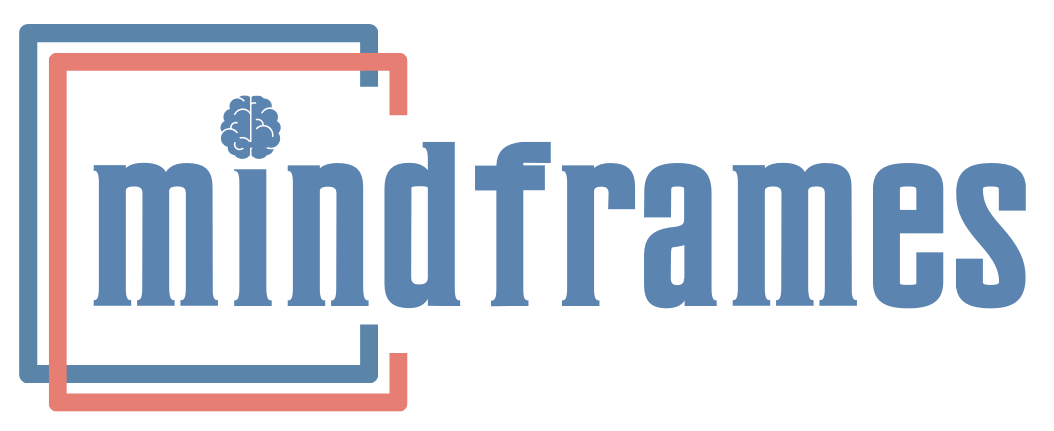Behavioral Couples Therapy (BCT)
What is Behavioral Couples Therapy (BCT)?
Behavioral couples therapy (BCT) is a process of modifying the behavior of couples towards each other, in order to improve their relationship. Broadly it could incorporate all dimensions of the relationship like communication skills, conflict handling style, resolution of disparities, interpersonal respect, forgiving of flaws, and so on.
This therapy is based on the premise that couples usually use automated behaviors in their everyday interaction, which they have learned from past experiences with the world as well as each other. These patterns get so ingrained in their persona that they don’t think twice before acting – whether it produces positive results or not. And they live on for years in bland or unfulfilling relationships, wondering when and why the spark in their relationship dwindled and died.

Fundamental Basis of BCT
BCT can be offered by a psychotherapist. Dr Shefali is psychiatrist who also practices therapy hence she uses neurological, as well as psychological acumen in problem solving. An experienced behavior therapist first observes the interactions of the couple to assess and conceptualize the problem. This helps decipher what behavior needs to be shaped and how the new behavior can be rehearsed by couples. Couples are often intrigued to realize the degree of automatism in their verbal and non-verbal gestures and actions towards each other, and how this damages their relationships. Of course, for this to work, they must have faith in the therapist, and be open to suggestions.
Distressed couples tend to criticize, condemn, stonewall, judge and attack their partners more than satisfied couples who validate, respect, admire, accept and complement each other. Needless to say, distressed couples rarely are able to resolve conflict. Hostility gets reinforced by their everyday defensive, belligerent and contemptuous attitude. Respect can only be reinforced by supportive, compassionate, empathetic and loving mannerisms in couples. The gap between the status quo and the desired goal is quite wide at the outset of BCT. When this gap is narrowed, be assured that therapy has worked.
Therapeutic Principles with Couples
Target Behavior
Behavior Analysis
Contemplation to Action
Behavior Shaping
Behavior Rehearsal
Behavior Acceptance
Which couples will benefit from BCT?
A behavioral approach to couple’s therapy addresses core issues within a relationship, such as communication and conflict resolution. At the same time, it touches upon thoughts, emotions, and tackles the concerns of trust, reliance, dependence and intimacy that are important aspects of the human interpersonal experience.
BCT demands commitment and participation but it also offers an unconditional supportive framework where both partners feel understood, supported and bolstered. The compassionate, non-judgmental, and reflective approach to listening and questioning, and the direction offered to mend the relationship helps couples arrive at a better understanding of their own emotions and actions. This can be very liberating.
What should I expect from BCT?
When you embark on the BCT journey it means that you are willing to teach yourself to think, emote and behave in healthy ways. You become aware of the morbid reactions that were creating and maintaining conflict. This way you learn that you have control over your relationship destiny. While this sounds idealistic, it is both systematic and structured, and hence is attainable.
Through the therapy process, your underlying behavioral schemas (complex automatic internal action models) are surfaced, and your unique reactions are assessed. In order for change to occur, it is very important to be attentive of the minute-by-minute behavioral experiences. Recording and analyzing your behavior helps in this awareness. Once these interactions are accessible, then the processing occurs during therapy.
MindFrames BCT Approach
We enable behavior therapy to operate on very simple principles. If an action fetches positive results, you repeat it, and if it brings unwanted outcomes, you avoid it. It is generally assumed that intelligent and aware humans will repeat behaviors that bring profit and avoid those that fetch harm. With that principle in place, our BCT aims to shape behavior by first identifying faulty patterns, rehearsing the new adaptive behavior, observing that it makes a meaningful difference, and then reinforcing it to permanence. This eventually corrects the negative and corrosive interactions frequently seen in couples before they have presented for therapy.
Therapy is for everyone because no relationship is free from stress, uncertainty and insecurity. Dr Shefali guides you through cognitive, mindfulness and neurobehavioral milestones to help you think, feel and behave more emotively with your partner. When you engage in your own wellness, perform the behavioral homework, and monitor yourself, you get empowered to battle any negative interaction. You learn how to reflect on your actions, and switch from an automatic mode, to a mindful approach. In time you develop mature and responsive attitudes. And this reflects in a confident, optimistic and wholesome relationship.




References
- Fischer, D. J., & Fink, B. C. (2014). Clinical processes in behavioral couple’s therapy. Psychotherapy (Chicago, Ill.), 51(1), 11–14.
- Dimidjian, S., Martell, C. R., Christensen, A., (2002). Integrative behavioral couple therapy. In: Gurman AS, Jacobson NS, editors. Clinical handbook of couple’s therapy. 3rd. New York: Guilford Press; 2002. pp. 251–277.
- Baucom, D. H., Sayers, S. L., Sher, T. G. (1990) Supplementing behavioral marital therapy with cognitive restructuring and emotional expressiveness training: An outcome investigation. Journal of Consulting and Clinical Psychology. 58:636–645.
Latest Posts

7 Reasons Why You Should Seek Therapy

7 Questions About Workplace Stress Answered

5 Ways To Deal With A Toxic Coworker

Insecurity Plaguing Your Relationships? Discover Why


